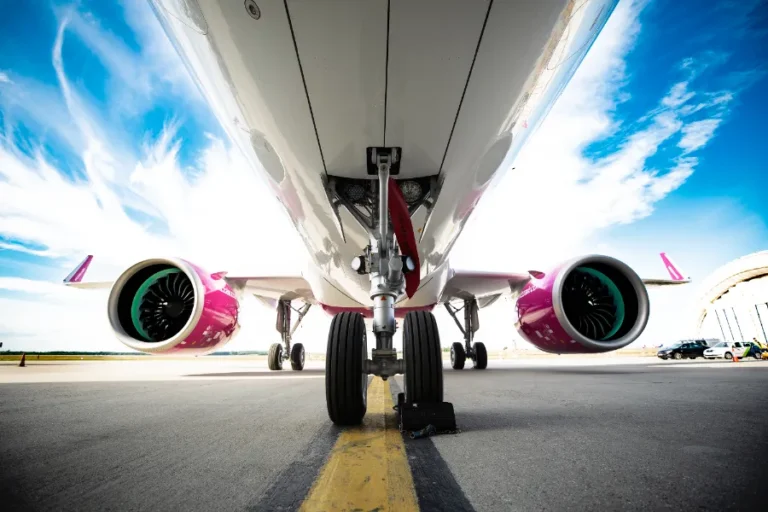travel
More cross-border trains coming: Up to 12 daily services between Hungary and this neighouring country!

Váci Street Budapest: A shopper’s paradise in the heart of the city – a 2026 guide

Wizz Air to avoid Middle Eastern countries due to ongoing turmoil

Chain Bridge Budapest: An iconic gateway to the heart of the city – a 2026 guide

Exploring Fisherman’s Bastion: Budapest’s fairytale castle overlooking the Danube

Hungary’s cheapest thermal bath reopens: Borostyán welcomes visitors again!

As Hungary battles a massive budget deficit, Orbán’s billionaire ally jets from island to island

Hungarian town makes local bus services free due to severe winter weather

Longer travel times on trains and buses in Hungary, power outages reported in several counties

Stunning winter aerial: UAE Air Force aircraft takes off from snow-covered Budapest Airport

Long-awaited airport rail link project finally kicks off: Fast track from the capital to Budapest Airport!

Snow and freezing temperatures disrupt train services across Hungary: here’s what to know

Wizz Air expands its fleet in Budapest, opens new routes

Uzbekistan travel diaries 2026: Tashkent, Samarkand, Bukhara and the far reach of Khiva – photos

Hungary-Slovenia border crossings closed for snowfall, kids rescued from burning car at border crossing

New alerts and warnings issued for snow-covered, slushy roads and limited visibility

Flights can be delayed or cancelled at Budapest Airport – another wave of snow approaches Hungary, updated

World’s quirkiest calendars unveiled: why it’s 4723 in China, 2018 in an African nation, and just 115 in two Asian states





 ZH
ZH IT
IT DE
DE HR
HR NL
NL FR
FR JA
JA RO
RO RU
RU ES
ES TR
TR
